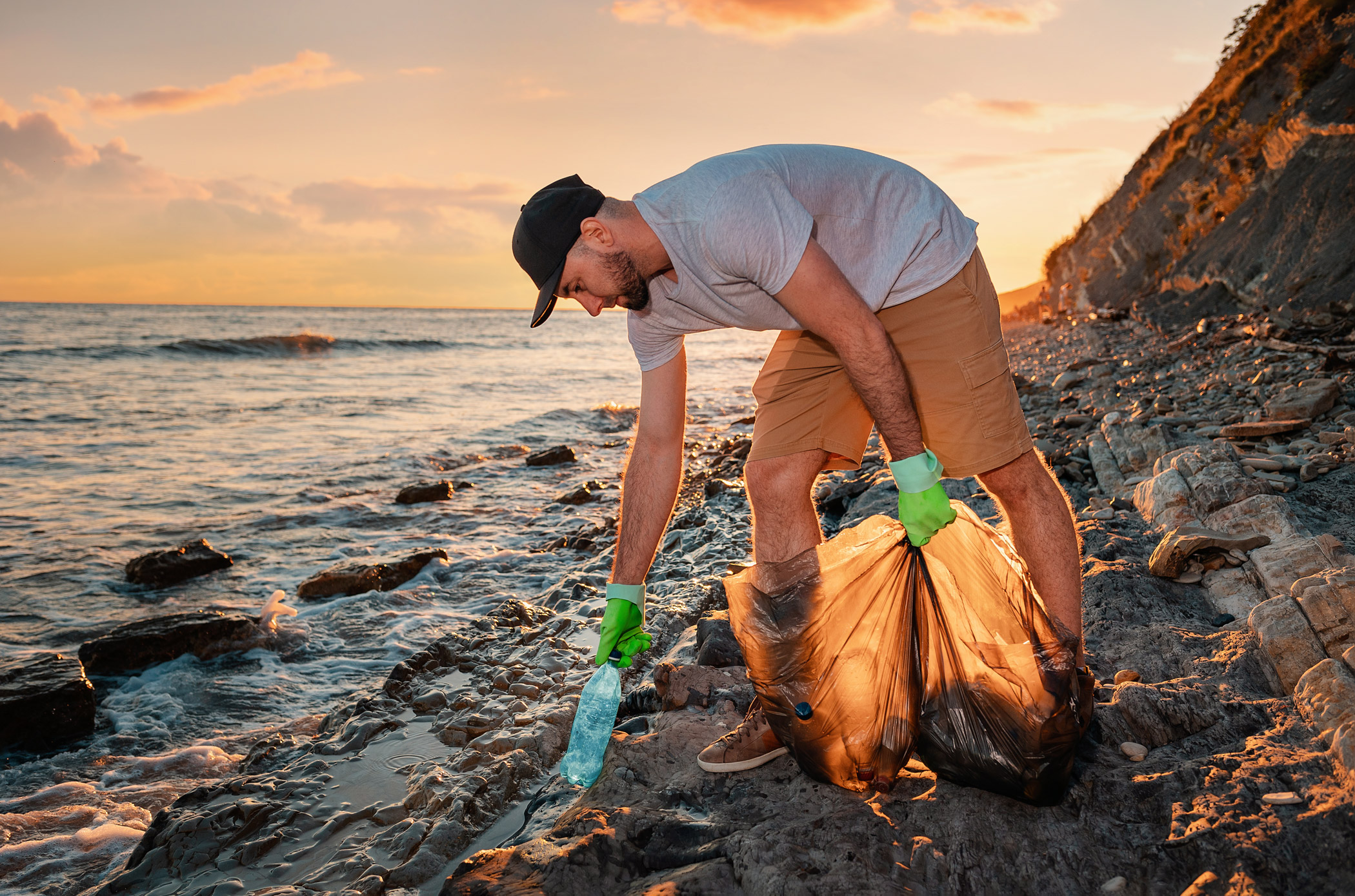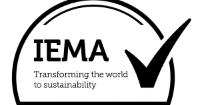2:2honours degree
Applicants should normally have one of the following:
- An Honours degree (minimum 2:2) containing a significant content of marine/ecological/behavioural/biological science or a relevant postgraduate qualification
- Substantial relevant work experience, together with evidence of recent study or writing at an appropriate level
Applicants are also expected to submit one strong reference with their application. Potential students may be invited to attend for interview.
2:2honours degree
Applicants should normally have one of the following:
- An Honours degree (minimum 2:2) containing a significant content of marine/ecological/behavioural/biological science or a relevant postgraduate qualification
- Substantial relevant work experience, together with evidence of recent study or writing at an appropriate level
Overseas candidates should also be competent in English and have achieved, as a minimum, one of the following standards: IELTS – 6.5; TOEFL – 88.
Applicants are also expected to submit one strong reference with their application. Potential students may be invited to attend for interview.
English Language Requirements
For more information on our English Language requirements, please visit International Entry Requirements.













